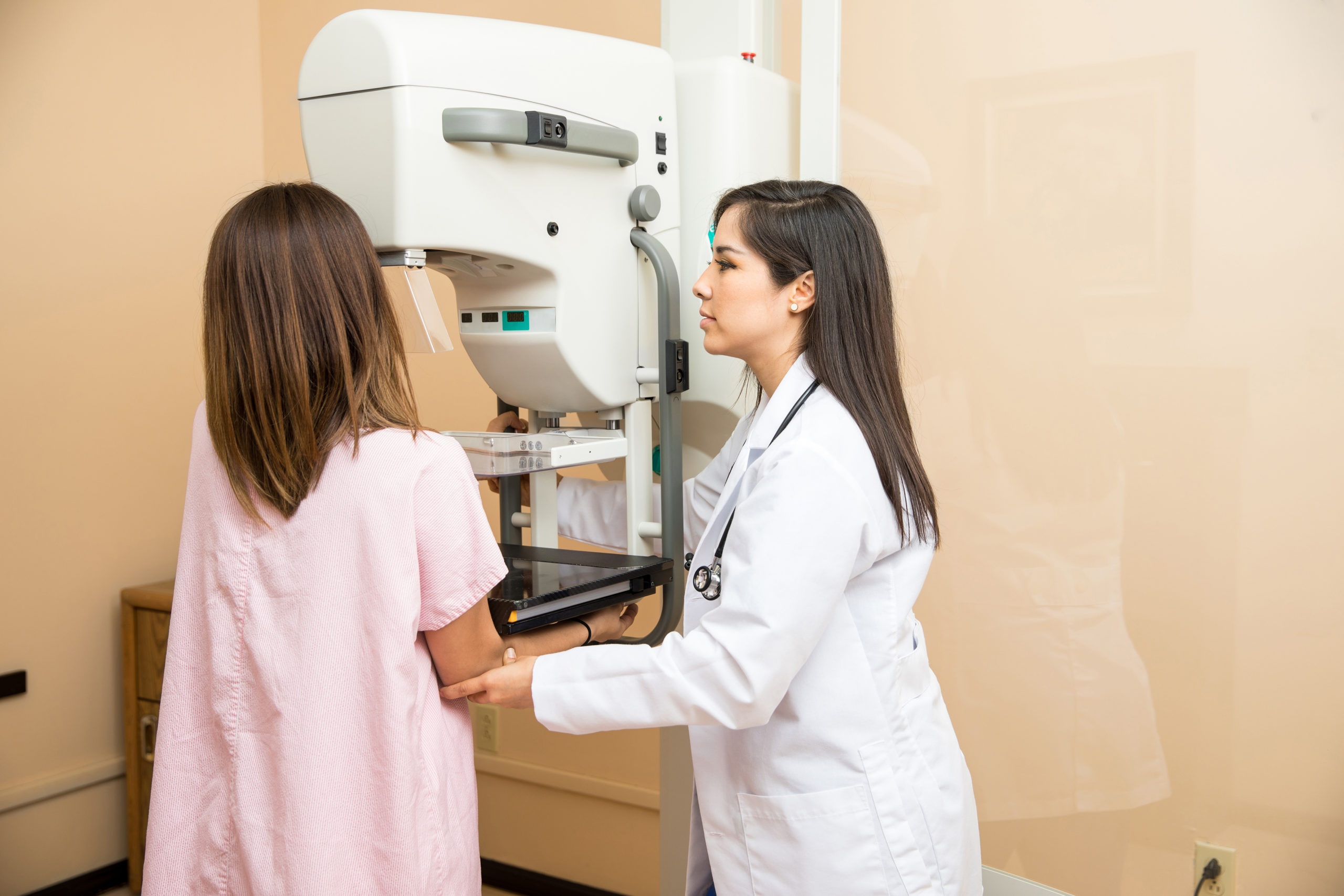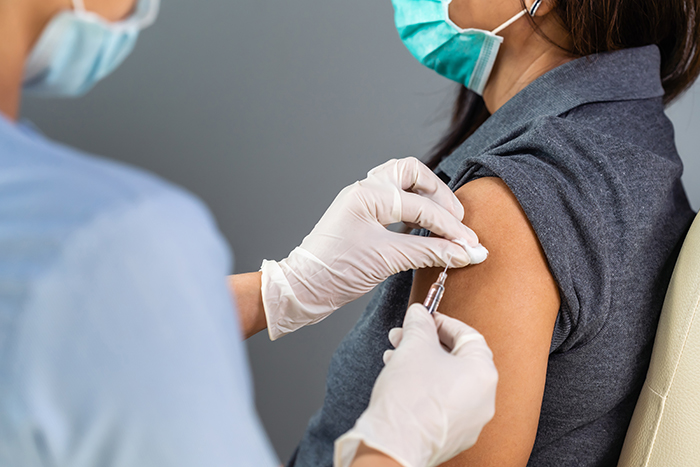Between COVID-19 and the vaccine that was produced in record time to help combat the recent pandemic, doctors, scientists, and researchers are still learning new things about both the disease and the vaccine and how both may work with existing medical practices.
One of those recent discoveries is now the COVID-19 vaccine interacts with mammogram results.
As a caregiver, Centers Choice Home Care would like to make you aware of this important information if you’re taking your loved one in for regular exams.
Swollen Lymph Nodes Leading to Further Testing
One common side effect of the COVID-19 vaccine is swollen lymph nodes as the body is tricked into thinking its fighting an infection, and lymph nodes commonly swell when you’re sick because more white blood cells are produced.
Because you’re receiving the vaccine in your arm, the lymph nodes in your armpit are generally the ones that swell, which are also the lymph nodes closest to the breasts.
But doctors are finding that those swollen lymph nodes can cause some concern when reviewing mammogram results, and patients are being called back in for further testing out of an abundance of caution.
Despite the likelihood that the vaccine is causing the issue, people are still being put through follow-up exams and—potentially worse—the mental angst patients may be experiencing before getting the results of their follow-up exam.
Mammograms Are Up in General
Doctors across the country report that mammograms are up from usual levels this year anyway because so many people had routine tests canceled a year ago due to the earlier stages of the pandemic when appointments like mammograms were seen as non-essential.
Despite radiologists understanding that the swollen lymph nodes are potentially due to the vaccine, they will still call patients back for either a biopsy or an ultrasound to be sure that there is no cancer.
To lessen your chance of getting caught in this mix-up, doctors are recommending waiting around six weeks after getting the vaccine before scheduling a routine mammogram if you’re a low-risk patient. Higher-risk individuals should not alter their mammogram schedule.
To learn more about Centers Choice Home Care and all the services they offer, visit CentersChoice.com.





